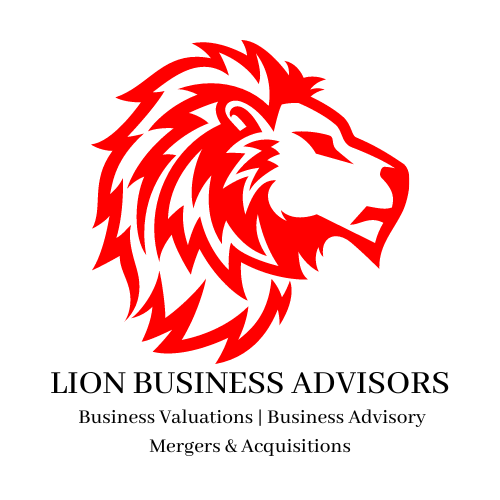Essential Terms for Business Transactions
M&A Glossary:
If you're considering buying or selling a business, understanding key mergers and acquisitions (M&A) terminology is crucial. This comprehensive M&A glossary defines essential terms used in business transactions, helping business owners, investors, and professionals navigate the complexities of the process.
A
Adjusted EBITDA (AEBITDA): A normalized EBITDA calculation that includes add-backs for personal and non-recurring expenses, subject to verification.
Asset Sale: A transaction where the buyer purchases specific business assets, excluding liabilities, cash, and accounts receivable.
B
Break-Up Fee: A penalty fee paid by a party that backs out of a signed letter of intent (LOI), compensating for due diligence costs.
Buyer (Financial): A private equity group or institutional investor acquiring businesses to build a portfolio.
Buyer (Strategic): An operating company acquiring businesses for growth, often within the same industry.
C
Confidentiality Agreement (NDA): A legally binding contract that prevents the unauthorized disclosure of proprietary business information.
Covenants: Legal promises within a business agreement, such as a non-compete clause.
D
Definitive Purchase Agreement (DPA): A legally binding contract finalizing the sale of a business, subject to ownership transfer conditions.
Divestiture: The process of selling an asset or subsidiary.
Days Sales Outstanding (DSO): A financial metric indicating the average time required to collect accounts receivable.
Due Diligence: A thorough evaluation of a business’s financial, operational, and legal records by a prospective buyer.
E
Earn-Out: A financial incentive allowing the seller to receive additional payments post-sale by achieving specified performance targets.
EBITDA: Earnings Before Interest, Taxes, Depreciation, and Amortization—a key financial metric used to assess a company’s valuation.
Enterprise Value: The estimated market value of a business based on valuation multiples and financial performance.
G
General & Administrative (G&A) Expenses: Operating expenses not directly tied to production, such as salaries, rent, and office costs.
Gross Profit: Revenue minus the cost of goods sold (COGS), excluding administrative and discretionary expenses.
L
Letter of Intent (LOI): A preliminary, non-binding agreement outlining key terms of a potential business sale, subject to due diligence.
M
Mergers & Acquisitions (M&A): The process of buying, selling, or merging businesses.
N
Non-Recurring Operating Expenses: One-time, extraordinary costs that are excluded from EBITDA calculations to present normalized financial performance.
P
Promissory Note: A contractual obligation where the buyer agrees to pay a portion of the purchase price over time, often with interest.
R
Recast Financials: Adjusted financial statements reflecting the true earning potential of a business by normalizing expenses.
Representations & Warranties: Legally binding statements about the business’s financial and operational condition that the seller guarantees to be true.
S
Stock Sale: A transaction where the buyer acquires ownership of the entire company, including all assets and liabilities.
T
Transactional Attorney: A legal expert specializing in business sales, mergers, and acquisitions.
V
Valuation: The process of determining a company’s fair market value based on financial metrics, industry trends, and market conditions.
Value Drivers: Business characteristics that enhance enterprise value, such as recurring revenue, profitability, and market positioning.
Understanding these key M&A terms can help business owners and investors make informed decisions during business transactions. If you’re considering selling or acquiring a business, partnering with an experienced business broker ensures a smooth, well-structured process.


